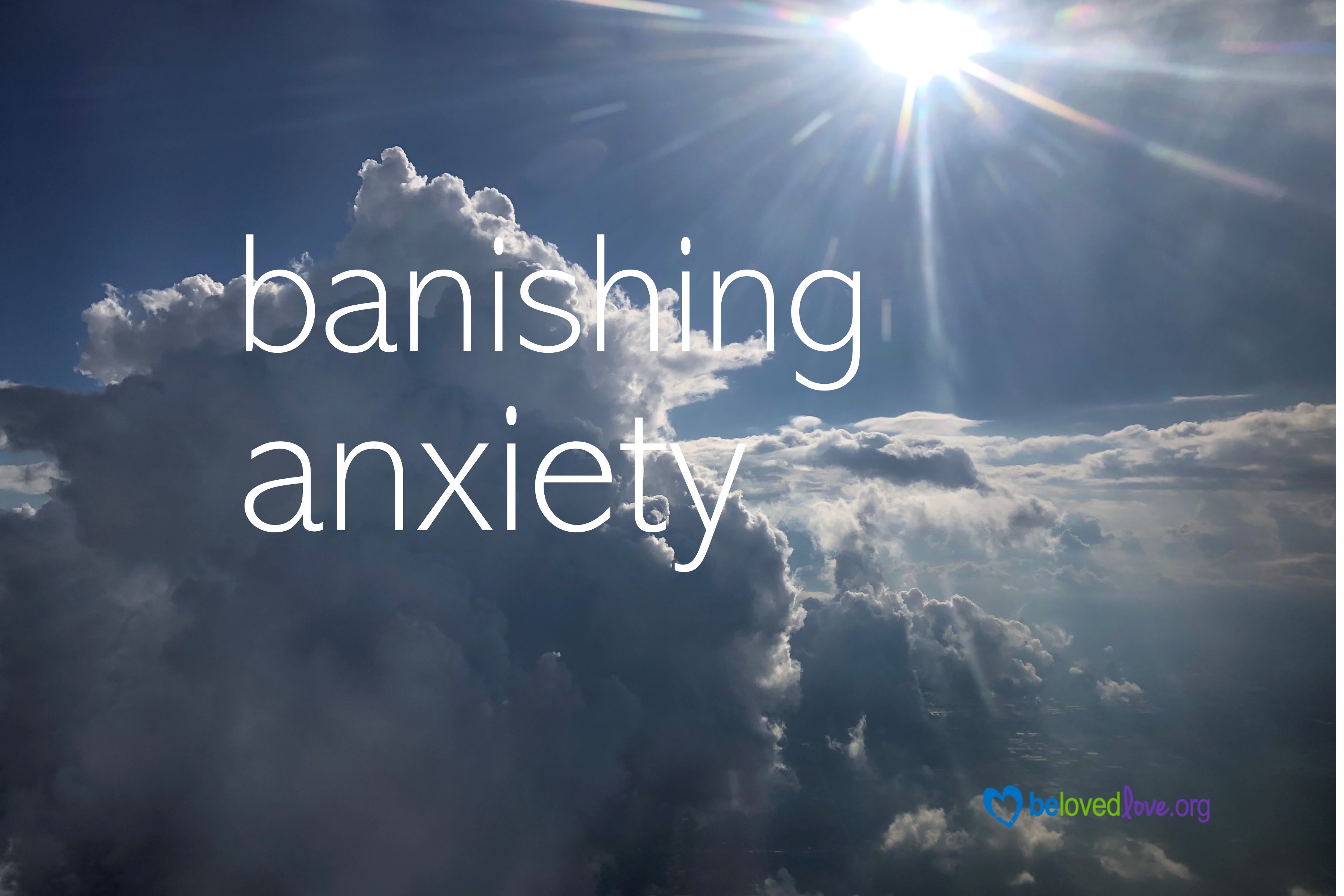
Anxiety is epidemic in our culture. Being a physician, I see it all the time. And while I think the spiritual and emotional aspects of anxiety are crucial to treatment, I think that medical therapy is also a good option at times. Anxiety is linked to our brain chemistry, so when our chemistry is off, we experience the feeling of anxiety.
The chicken or the egg?
So the question is, which came first, the chicken or the egg? Is our brain chemistry altered, and that is why we are anxious? Or are we anxious or afraid, and that alters our brain chemistry? Well, usually a bit of both.
Back in the day
Most of us have some underlying anxiety—manifested by altered brain chemistry– simply because of the overstimulated technical culture we live in. 100 years ago when someone plowed a field or churned butter, or took the clothes off the line, they were inadvertently balancing out that brain chemistry with exercise and fresh air and non-processed food. Today, not so much. Processed foods, an imbalanced diet, poor sleep habits, minimal exercise and indoor living all add to our general levels of stress and anxiety.
Anxiety in the genes
There are others of us that have a hereditary predisposition to anxiety. In our family, long before anyone knew much about this problem, my cousins would talk about “The Lowe disease.” They were referring to the fact that just about every person on my father’s side-the Lowe side– of the family has struggled with significant anxiety and panic attacks.
Bottom line
Whether it’s the chicken or the egg, the end result is that many of us suffer from life-altering and sometimes incapacitating anxiety. Fortunately, physicians have some excellent tools for treating anxiety disorders so that people don’t have to be debilitated by this problem.
Alter our environments:
There are three ways we can alter our environments that might help.
- Change what we eat, by eliminating caffeine, processed foods, refined carbohydrates, preservatives, and drinking lots of water.
- Get more sleep, guarding our time so that we get adequate amounts of rest and sleep.
- Exercise. It’s helpful if we increase our heart rate for at least 20 minutes a day, most days of the week.
Therapy:
There are some great new therapies to help with anxiety, and consulting with a licensed therapist or counselor can greatly help.
Medication:
When I went into practice, the only medication we had for anxiety was Valium. That was it. Now there are a variety of meds that can greatly help with this disorder. Sometimes we only need them for a while, so that we can function enough to work on non-medication methods of dealing with anxiety, or to get through a very stressful situation. Other times, we need them for a more prolonged period of treatment, or even for a lifetime, if the brain chemistry problem is inherent.
Anxiety is a huge problem in our society, and those of us who practice medicine see it all the time. Fortunately, God has provided lots of ways for us to banish this problem from our lives. First and foremost, as I have mentioned in previous posts, we need to connect with God, and receive His guidance in the best path for us to overcome this. Many times He provides through helping us see the lies we believe, and replacing them with truth. Other times He provides by increasing our perspective or helping us to understand our past. And sometimes He provides for us through therapy, and/or medication. Just like a diabetic needs insulin, sometimes people need medication to straighten out their brain chemistry and overcome anxiety.
When was the last time you struggled with anxiety, and what did you find helpful? Leave a comment below, or join the conversation on social media.
Click below to read other posts in this series:
Leave a Reply